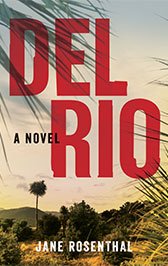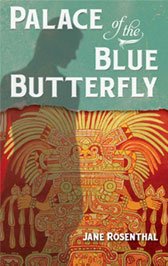Have you ever noticed how, in the world of books, every story sounds, feels, and unfolds in its own special way? That’s the beauty of writing: all writers write differently!
When we’re on the path to becoming an author, we often start by copying our favorite books, mirroring the style, tone, or themes that sparked our imagination in the first place. It might feel a bit like a game of “follow the leader,” but rest assured this is an invaluable step in finding writing techniques that suit your voice.
By dissecting how established authors handle plot and how they develop a storyline, we learn to build our own narrative structures. Eventually, we break free from strict imitation and discover a style that’s unmistakably ours.
In fact, this concept of variation is why two people can write about the same basic situation — say, a spooky haunted house — and end up with completely different stories. One might focus on the eerie atmosphere, describing every creak of the floorboards in vivid detail, while another might highlight the emotional turmoil of the ghost-hunting protagonist.
This wide range of possibilities makes the writing process both exciting and liberating. There truly is no limit to how we might shape our tales.
Jane's second novel!

A once-thriving Central Valley farm town, is now filled with run-down Dollar Stores, llanterias, carnicerias, and shabby mini-marts that sell one-way bus tickets straight to Tijuana on the Flecha Amarilla line. It’s a place . . .
There is no one formula
Despite what those “how to write the next bestseller” guides might suggest, there is no one-size-fits-all secret to success. Writing within structure can certainly help you organize your thoughts — a three-act format, for instance — but there must also be room to be unique.
Each writer’s experience feeds into their work, and factors like personal understanding and perception influence the stories we tell. After all, how we see the world shapes the lens through which we communicate our ideas, emotions, and narratives.
Think of writing like cooking: you can follow a recipe to the letter, but your version will never taste exactly the same as someone else’s. The ingredients (or guidelines) might be identical, yet the result will vary because of your personal touch. Similarly, each writer’s voice emerges through experimentation, reflection, and a sprinkling of individuality. The result? A rich literary landscape where no two stories are alike.
And so it goes
Ultimately, writing a novel is a journey that encapsulates all these lessons. It teaches us that writers write differently, and that’s precisely what keeps readers coming back for more.
In the quest for finding your style, reading others can serve as both inspiration and instruction, helping you see the diverse range of techniques at play. By analyzing pacing, dialogue, and character arcs in someone else’s work, you can pick up tips for your own writing.
Jane's first novel!

When Lili Golden’s beautiful sister, owner of The Palace of the Blue Butterfly art gallery, disappears in Mexico’s enormous capital, Lili abandons her comfortable stateside life to search for her. Soon she finds herself swept into her sister’s glittering world . . .
Beyond personal growth, it’s also essential to remember how storytelling improves our lives. Sharing stories — whether fictional or real — builds bridges between people, cultures, and generations. Each narrative provides a window into the author’s mind, fostering empathy and understanding among readers.
So as you toil away on your next masterpiece, relish in the fact that there are no boundaries to your creativity. Let your experience guide you, trust in your perception, and communicate your distinctive vision to the world. Embrace the truth that every writer writes in their own way, and watch as your storytelling journey becomes an adventure unlike any other.
